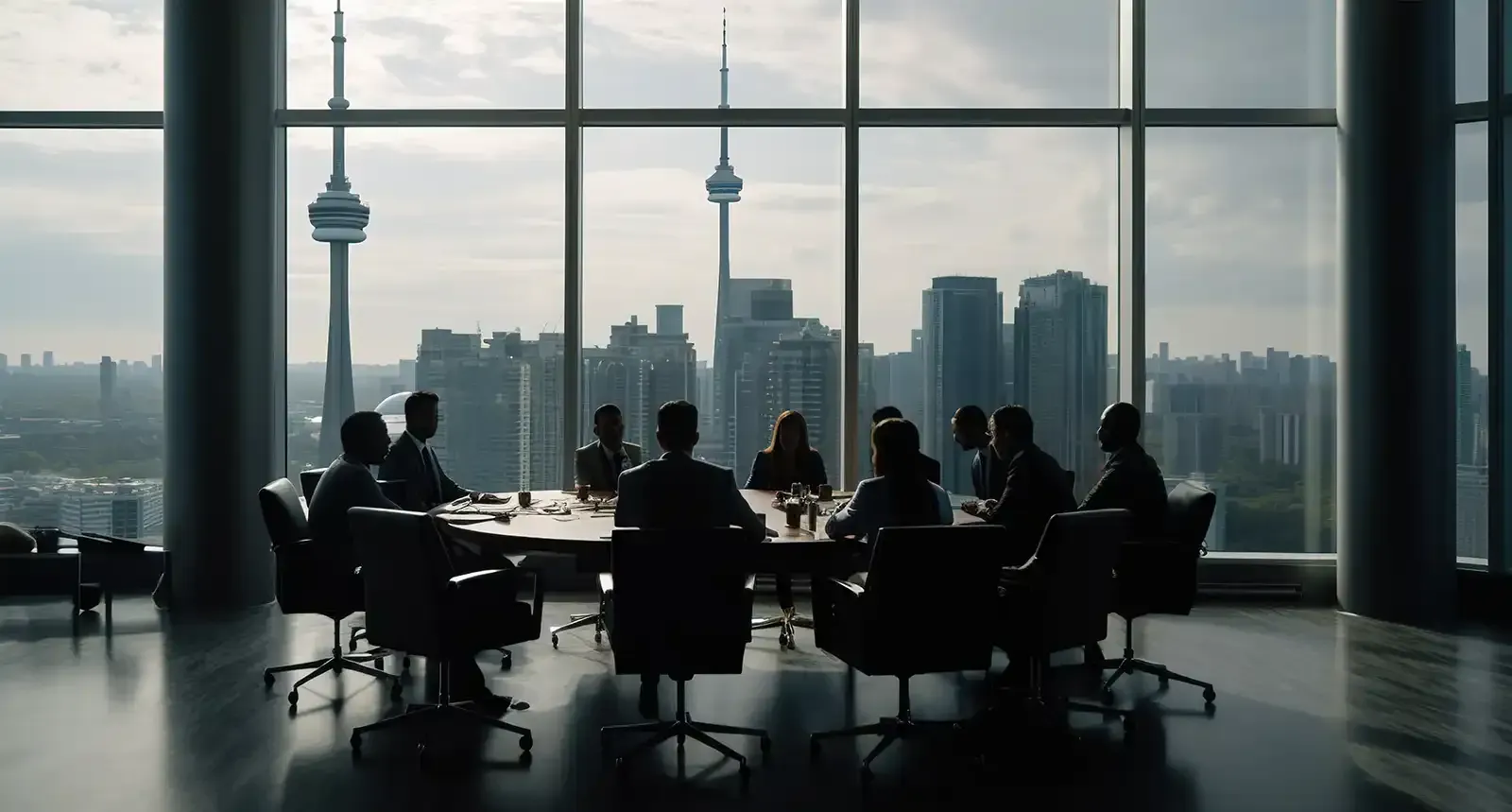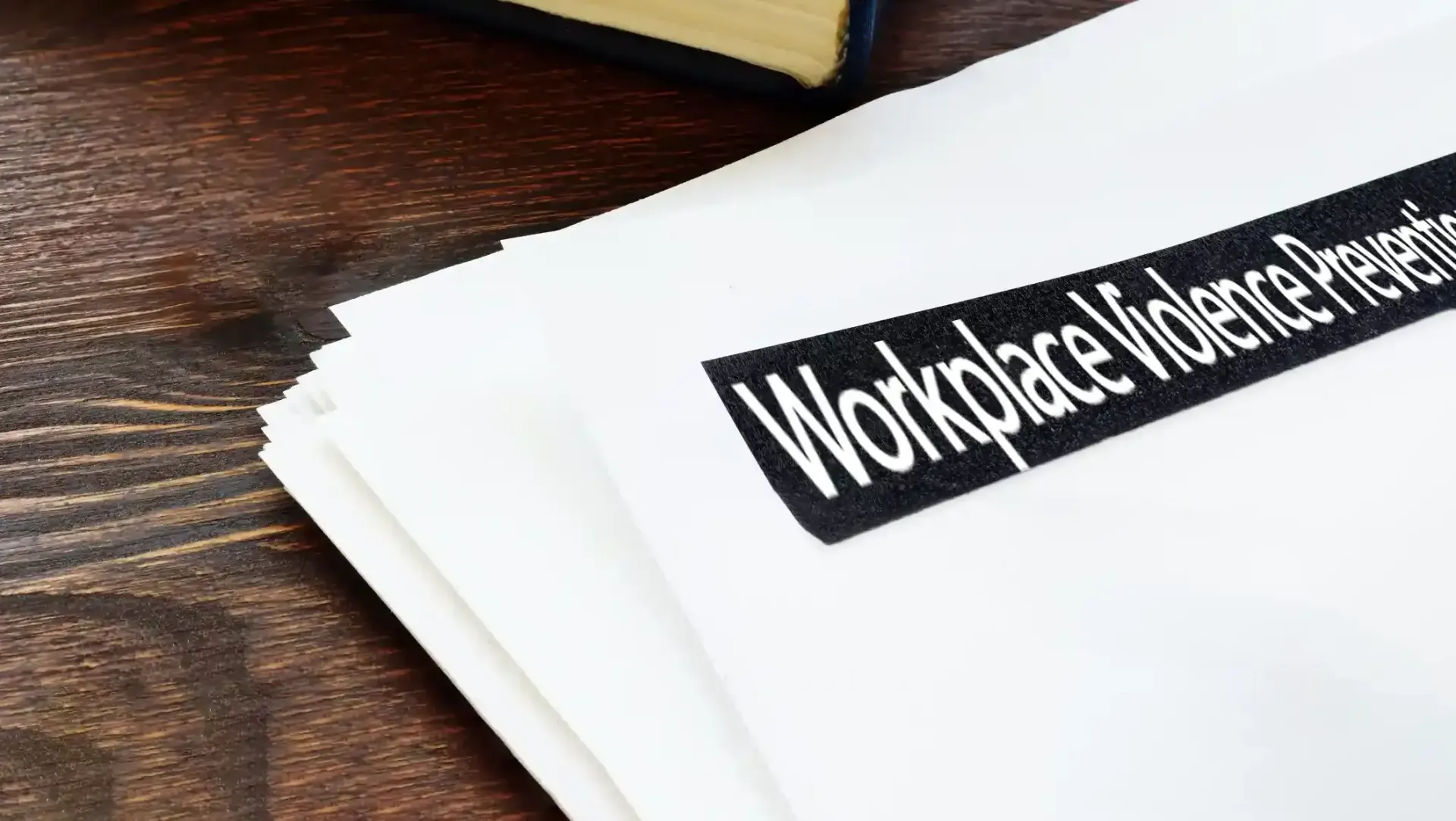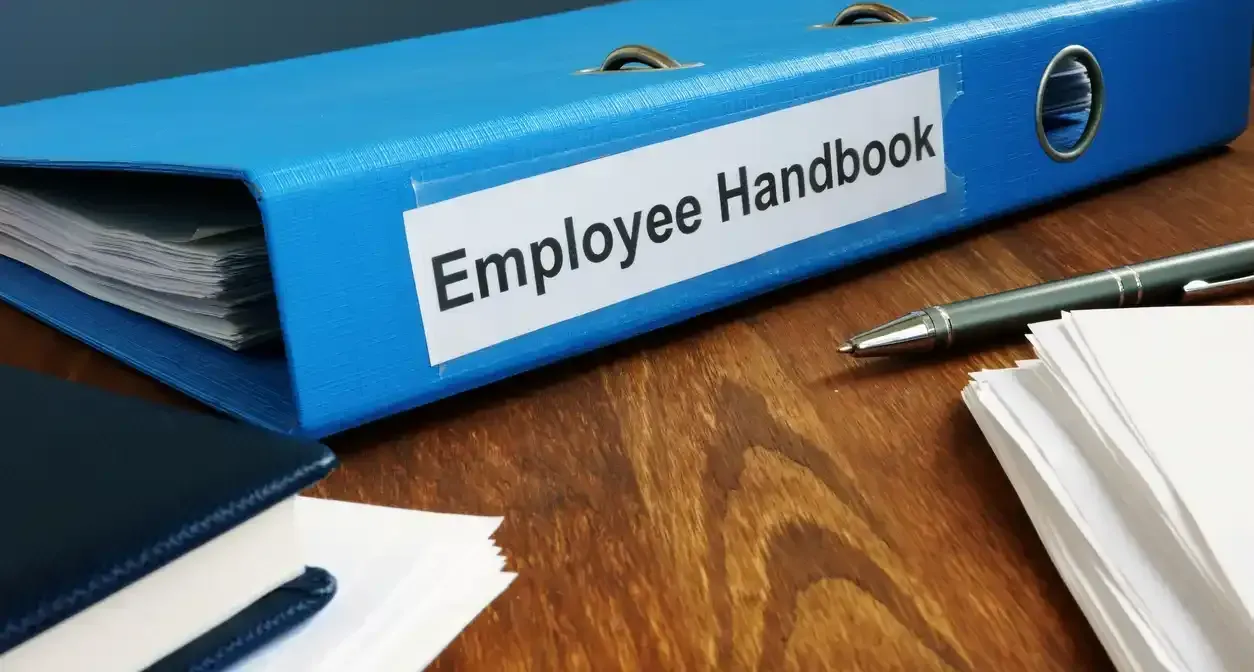California Employment Law Attorneys
A Practical Approach To Employment Law
At Scott & Whitehead, expert guidance meets unparalleled experience in navigating the complex landscape of employment law. Our seasoned attorneys boast a wealth of experience in providing strategic counsel to businesses of all sizes, from mom-and-pop shops to companies that operate in every state. Specializing in employment law, we offer comprehensive services tailored to address every aspect of the employer-employee relationship.
We understand the intricate challenges businesses face in today's dynamic workplace environment. Our team excels in crafting meticulously tailored policies, guiding human resource professionals and business owners through the nuances of hiring, disciplinary procedures, and termination protocols. With a keen eye for detail and a commitment to proactive solutions, we empower our clients to navigate legal complexities with confidence and clarity.
Whether you're seeking guidance on compliance matters, dispute resolution, or proactive risk management strategies, our attorneys are here to provide steadfast support every step of the way. Scott & Whitehead is your trusted partner in safeguarding your business interests while fostering a productive and compliant work environment. Contact us today to discover how our expertise can serve as your competitive advantage in the realm of employment law.
Contact Scott & Whitehead to schedule a consultation. 949-222-0166
Scott & Whitehead Provides Spot-on advice and Counseling
In addition to representing clients in litigation, we provide advice and counseling on workplace issues. Typical of the questions we field every day are these:
- Can I fire Old Joe, and what are the risks if I do?
- We are ready to terminate an employee with a hot temper. How do we protect our employees from violence?
- We have reason to believe that one of our employees has his hand in the till, what do we do?
- Our employee handbook hasn't been reviewed for years and we think we need help drafting and implementing several new policies. Can you help?
- Nearly a year ago one of our employees was injured on the job. He hasn't come back to work yet. Can we terminate his employment and get him off of our records?
- Management believes that a supervisor and her subordinate are dating. Can we adopt a "no fraternization" policy?
- We really want to be a drug-free workplace. Can we implement random drug testing in our warehouse?
In taking calls from clients, and in responding to questions like those above, our lawyers are providing one of our most important client services.
Some of our regular clients at Scott & Whitehead
SCOTT & WHITEHEAD’s clients include Fortune 500 corporations, Mom and Pop shops, and virtually every type of employer in between.
In addition to its general aptitude to meet any employer’s workplace needs, SCOTT & WHITEHEAD has extensive experience in specific industries where our lawyers spend considerable time, and represent many employers. Those businesses and industries include:
- Dentists and Dental Practices
- Financial Services
- Healthcare
- Industrial/Manufacturing
- Law Firms
- Not-for-Profits
- Property Management
- Public Entities
- Restaurants









